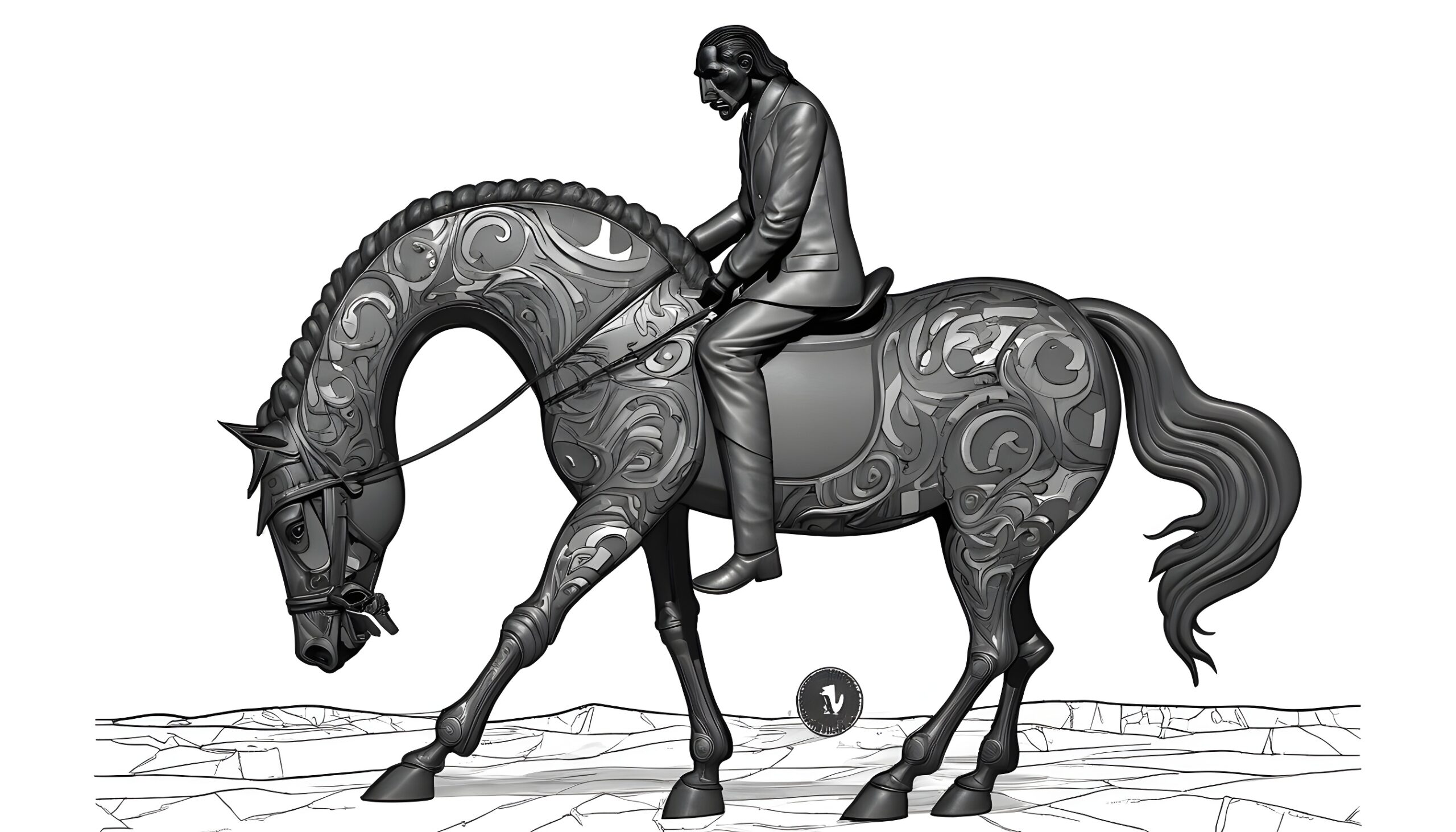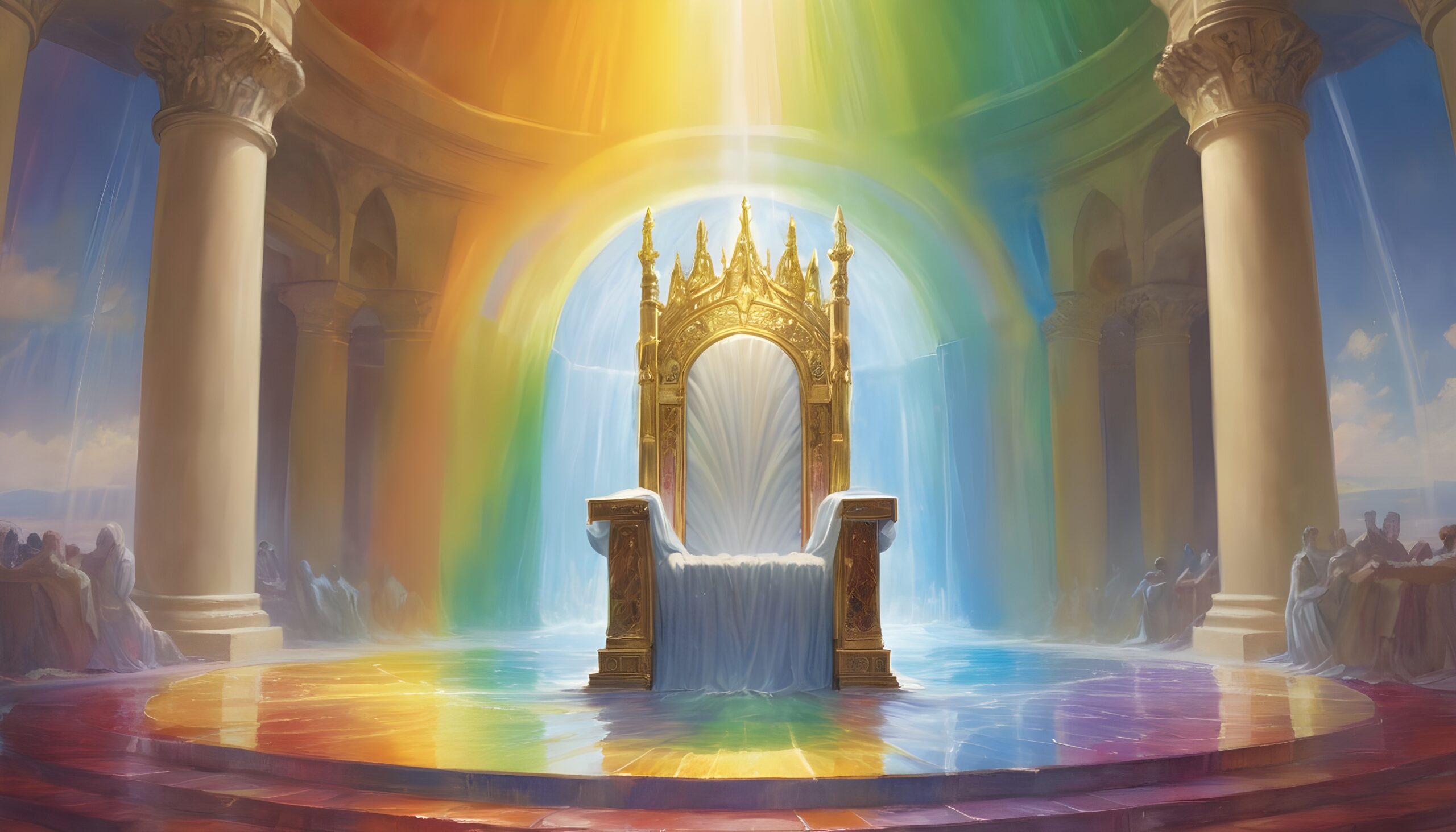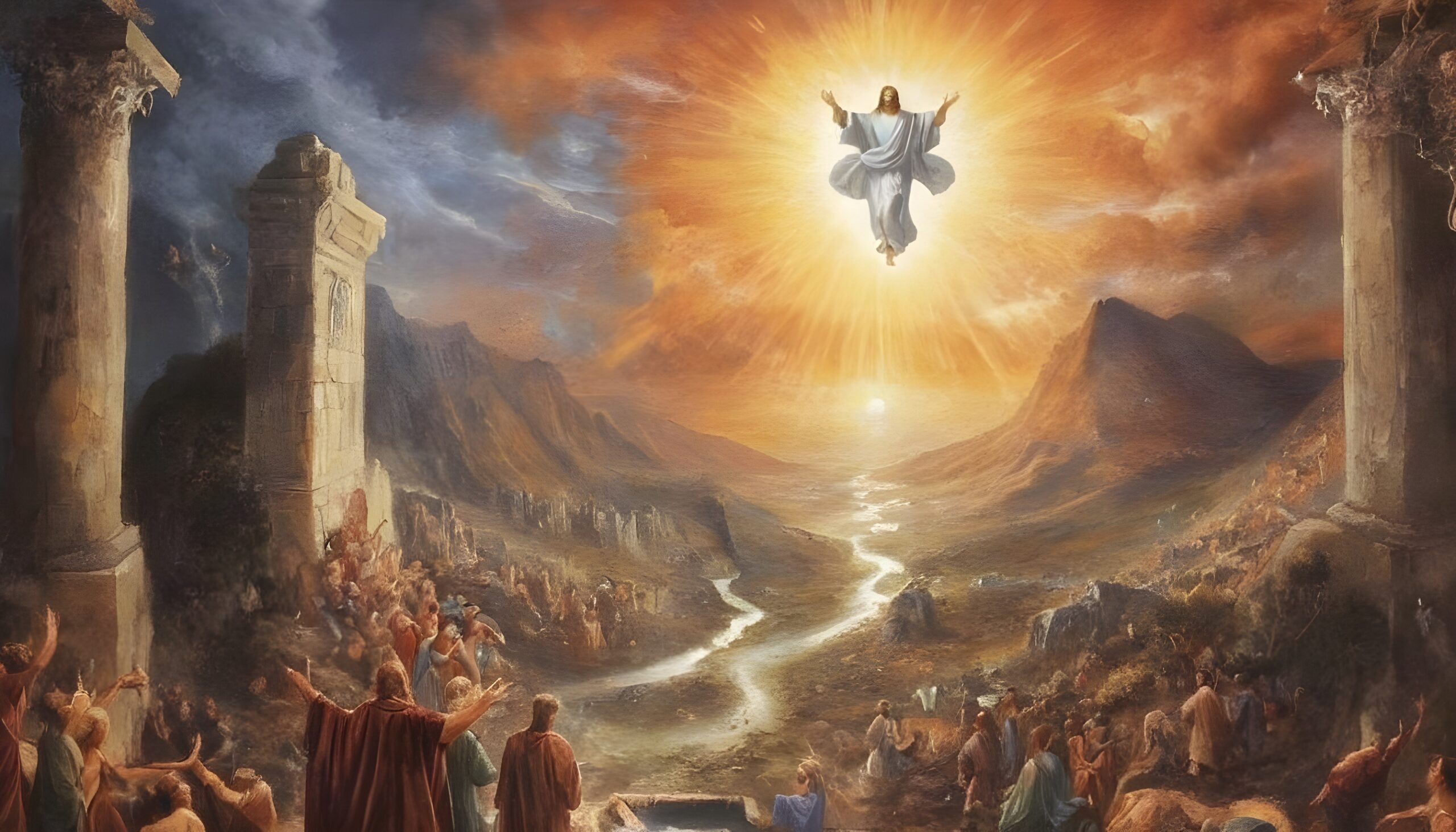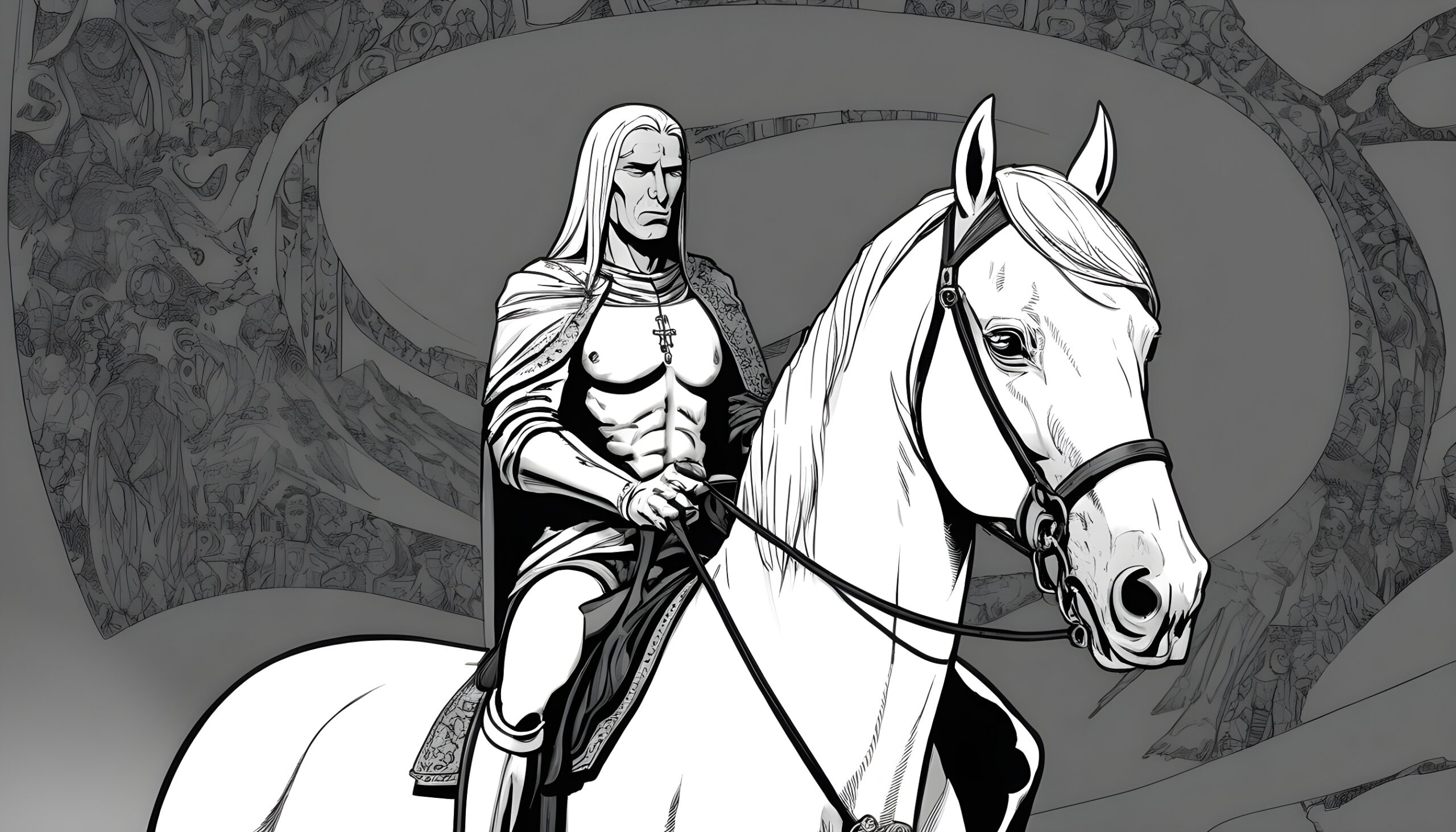Within the tapestry of Revelation Chapter 6, the breaking of the third seal releases a chilling sight: “And I looked, and there before me was a black horse! Its rider was holding a pair of scales in his hand” (Revelation 6:5). This enigmatic figure, often associated with famine, symbolizes the desperation and suffering born from scarcity.
Historically, famine has been a recurring scourge of humanity, triggered by war, drought, crop failure, or economic upheaval. Key interpretations for the black horse include:
- Literal Famine: The most straightforward interpretation links the black horse directly to widespread hunger, food shortages, and their devastating consequences.
- Economic Hardship: The scales suggest imbalanced distribution of resources, poverty, and soaring food prices. This rider highlights the inequities that leave some abundantly supplied while others struggle to survive.
- Spiritual Famine: Beyond physical hunger, the black horse could also denote spiritual emptiness and a lack of nourishment for the soul.
How the Black Horse Challenges Us Today
While advancements in agriculture and global connections have reduced the frequency of large-scale famines, the image of the black horse remains relevant in today’s world:
- Persistent Hunger: Extreme hunger and food insecurity still exist in many parts of the globe. The black horse reminds us of this ongoing struggle and the importance of fighting food inequality and promoting sustainable practices.
- Abundance Amidst Scarcity: Even in affluent societies, poverty and hunger exist amidst plenty. This stark contrast reveals the uneven distribution of resources and urges us to address economic disparities.
- Gratitude and Mindful Consumption: The black horse invites us to cultivate a deep appreciation for the blessings we have. It implores us to avoid food waste, consume responsibly, and share our bounty with those in need.
- The Value of Community: In many cultures, food carries deep social and cultural meaning. Meals shared are bonds built. The black horse asks us to remember the importance of communal support, especially in times of adversity.
Remember: The black horse isn’t simply a depiction of doom and gloom. It’s a wake-up call to gratitude and compassionate action.
Further Exploration
- Poverty and Food Insecurity Facts: Research current statistics on global and local hunger. Explore root causes and their effects on individuals and communities.
- Organizations Combating Hunger: Discover the work of charities and organizations addressing food insecurity. Consider volunteering your time or resources.
- Mindful Eating Practices: Learn about mindful eating and ways to cultivate a healthier relationship with food, fostering appreciation and minimizing waste.
The black horse serves as a poignant reminder of the fragility of our resources and the inequalities that persist within our world. By responding with gratitude, compassion, and active engagement, we honor the blessings we have and work toward a world where the symbol of the black horse loses its power.
Revelation 6, Black Horse, Third Seal, Famine, Scarcity, Hunger, Poverty, Gratitude, Inequality, Compassion, Social Justice



